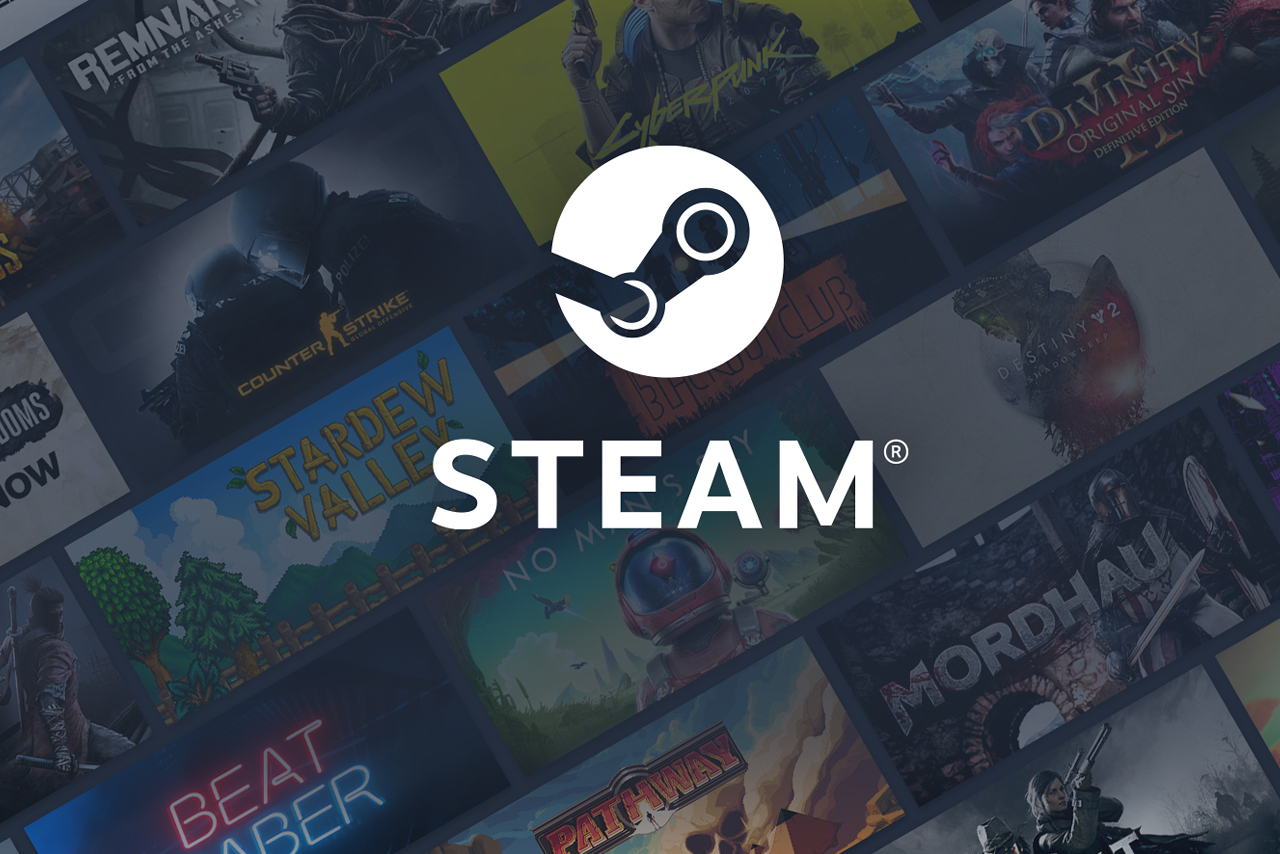One-Third of Steam Users Still on Windows 10 as Support Ends in 2 Weeks
Valve’s September hardware survey indicates that 33.74% Steam users playing on Windows PCs are still running Windows 10. Windows 11 reached 66.08% share amid Microsoft’s end of support for Windows 10 on October 14, 2025.
Steam’s September 2025 Hardware & Software Survey reveals that Windows 11 accounts for 63.04% of Steam PCs, up 2.65% from the previous month, while Windows 10 usage is at 32.18%, down by 2.90%. Windows overall accounts for 95.40% of the platform’s OS share.
While survey results underscore steady Windows 11 adoption in the PC gaming market (66.08%, up by 2.90%), more than a third of Windows PC users on Steam are still running Windows 10 (33.74%, down by 2.96%), ahead of its end-of-life in less than two weeks.
Microsoft ends support for Windows 10 Home and Pro on October 14, 2025. Extended Security Updates (ESU) are available as a temporary paid bridge, but active development, driver optimization, and game QA are transitioning to Windows 11.
Several live-service and flagship PC titles are phasing out Windows 10 support and increasing minimum system requirements, while more Windows 11-only releases are emerging, prompting late adopters to consider software and hardware upgrades.
Final Fantasy XIV will end official support for Windows 10 on October 14, 2025, the same day Microsoft retires the OS. Capcom also states that it will no longer guarantee Monster Hunter: World, Rise, and Wilds will run on Windows 10 after that date. These games may still launch on older systems, but future patches, drivers, or anti-cheat updates won’t be tested or fixed for Windows 10, pushing both support and users to the new OS.
Recent AAA releases increasingly set Windows 11 as the baseline. Battlefield 6‘s recommended specs require Windows 11 (amid Secure Boot, without which anti-cheat for BF6 won’t allow the game to launch), while Silent Hill f even lists Windows 11 as the minimum requirements for PC. More big titles now recommend Windows 11 for full support.
At the same time, Nvidia will continue full Game Ready (and Studio) support on Windows 10 for RTX GPUs until October 2026, one year past Microsoft’s cutoff. Therefore, RTX 20, 30, 40, and 50 series owners have extra time before migrating to Windows 11.
The PC gaming hardware market is experiencing a surge in response to the migration to Windows 11. Analysts (Jon Peddie Research) project 2025 sales to reach $44.5 billion, roughly 35% growth from 2024, as the end of support for Windows 10 and the introduction of Windows 11’s hardware requirements prompt upgrades across consumer and gaming PCs.
At the same time, PC components are becoming pricier: RAM prices continue to rise in Q4, particularly for legacy DDR4 modules, while SSD costs are also increasing. A DRAM supercycle may keep pressure on RAM prices and a QLC shortage on storage prices, making late upgrades harder for entry-level buyers. JPR also warns that some budget PC owners may opt for consoles instead of purchasing a brand-new expensive gaming PC.


